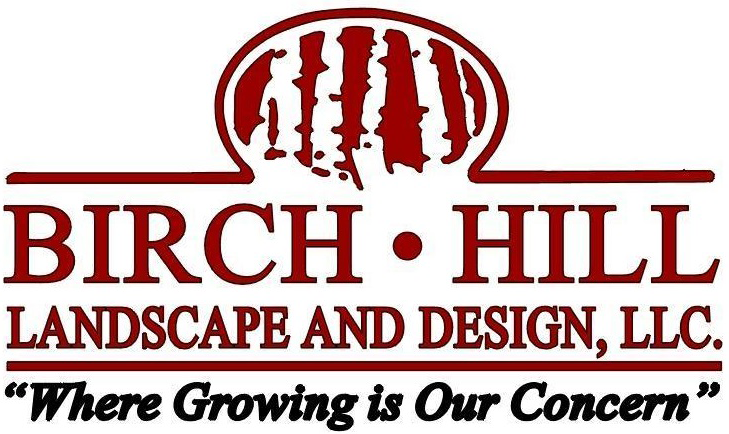The Role of Plantings in a Landscaping Plan in the West Hartford, CT Area
A well-crafted landscaping plan is a fine balance of various elements that contribute to creating a beautiful and functional outdoor area. Among these elements, plantings play a pivotal role. In the diverse climate of the West Hartford, CT area, the choice of plantings, their placement, and care can make a significant impact on the aesthetic appeal and ecological balance of your landscape.
Related: 3 Tips for Choosing the Right Mulching for Your Plantings in the West Hartford, CT, Area
Enhancing Aesthetics
Plantings can be viewed as serving as the life and soul of any landscaping plan. They add color, texture, and beauty to outdoor spaces. From flowering plants that add a burst of color to evergreens that ensure year-round beauty, plantings are the primary tools for landscaping aesthetics. With our distinct seasons, we have unique opportunities to select plants that bloom and thrive in different times of the year. This can create a dynamic landscape that changes and blooms with each season.
Providing Shade and Climate Control
Well-placed trees and larger shrubs can provide much-needed shade in the warmer months, reducing the heat around your home and potentially decreasing cooling costs. They also act as windbreakers during the cooler months. Native trees such as the Eastern White Pine or Northern Red Oak can be excellent choices for this purpose.
Enhancing Privacy
Plantings such as tall shrubs, hedges, or privacy trees can serve as natural fences, enhancing the privacy of your yard without the need for artificial barriers. They provide a sense of seclusion and tranquility and can also help to buffer noise.
Encouraging Local Ecology
Native plantings provide food and habitat for local wildlife, birds, and beneficial insects. Using native plantings in your landscaping plan helps sustain the local ecology. It ensures the plants are well-suited to the local climate and soil conditions, requiring less maintenance and care. Birdwatchers might delight in the variety of birds attracted to their gardens. From the vibrant Northern Cardinal to the tuneful American Robin, many species can find refuge and food in your yard, enhancing your connection to nature and providing endless enjoyment.
Creating Functional Outdoor Spaces
Plantings can also serve functional purposes in your landscaping plan. They can be used to demarcate different sections of your yard, like separating a vegetable garden from a play area, or guiding movement through the creation of beautiful garden paths. Fruit-bearing trees and vegetable gardens can also provide fresh produce for your family.
Mitigating Soil Erosion
In addition to retaining walls, the root systems of trees, shrubs, and certain ground covers can help to prevent soil erosion, particularly on slopes or areas where water runoff is an issue. They hold the soil in place and help maintain soil quality by contributing organic matter.
Promoting Health and Well-being
Numerous studies indicate that exposure to nature, including plants and trees, can have a positive effect on physical and mental health. Plantings can potentially reduce stress levels, improve mood, and promote a general sense of well-being.
Conserving Water
In areas where water conservation is critical, selecting the right plantings can make a significant difference. Many native plants are adapted to local rainfall levels and can survive with minimal additional watering. This not only saves water but also reduces the time and effort needed for garden maintenance.
Related: 4 Areas Where Landscaping Lighting Is Necessary in the Simsbury and Wethersfield, CT, Areas
About the Author
Birch Hill Landscape & Design is a full-service, woman-owned, family-run design/build contractor that has been serving residential and commercial customers in the Central Connecticut area for over 30 years. When you see our work vehicles, you know that another satisfied customer is benefiting from our experience, passion, and commitment to quality!


